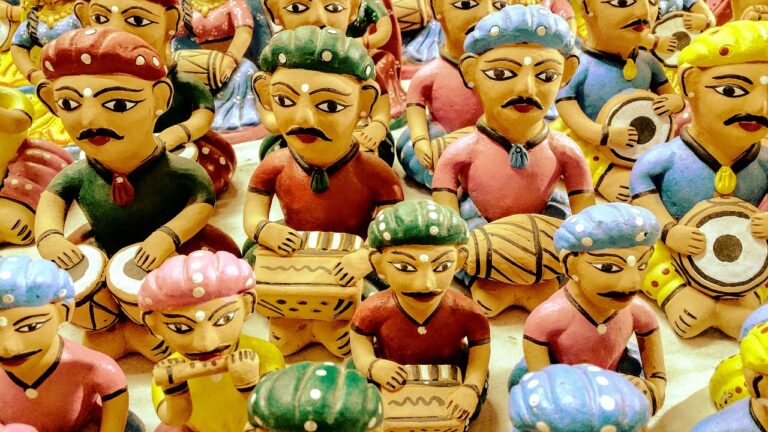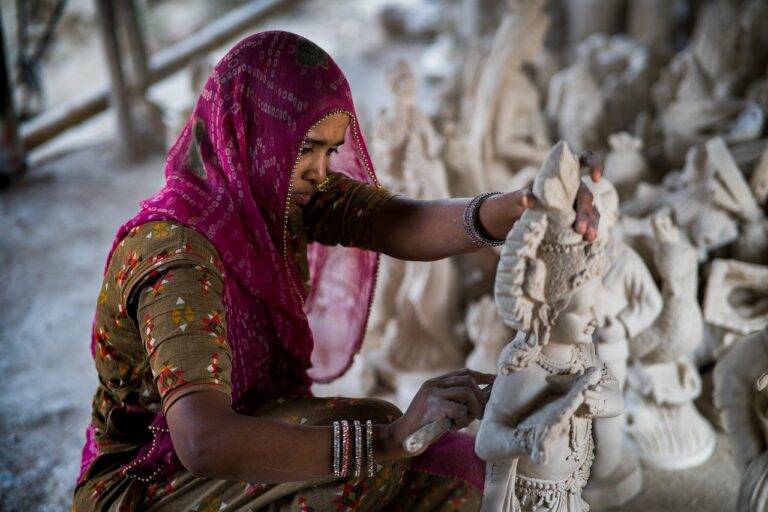Voter ID Verification: Comparative Analysis of Global Practices: 99 exchange login password, Laser 247 sign up, Yolo 247
99 exchange login password, laser 247 sign up, yolo 247: Voter ID Verification: Comparative Analysis of Global Practices
In today’s world, the issue of voter ID verification has become increasingly important in ensuring the integrity of democratic processes. As countries around the globe strive to implement effective measures to prevent voter fraud and maintain transparency in elections, it is crucial to analyze the various practices in place and identify the most successful approaches.
Let’s take a closer look at how different countries tackle the issue of voter ID verification and the impact of their practices on election outcomes.
United States
In the United States, voter ID laws vary from state to state. Some states require voters to present a government-issued photo ID before casting their ballot, while others accept alternative forms of identification such as utility bills or bank statements. Critics of these laws argue that they disproportionately affect minority and low-income voters, who may have difficulty obtaining the required IDs.
India
In India, voter ID verification is done through the use of voter ID cards which are issued by the Election Commission of India. These cards include a photograph of the voter and other personal details to ensure that only eligible individuals are allowed to vote. The country has made significant efforts to digitize the electoral process, making it easier to verify voters’ identities.
United Kingdom
In the United Kingdom, voters do not need to present ID to vote in general elections. However, photo ID is required for voting in Northern Ireland as a measure to prevent voter fraud. The UK government is currently considering implementing voter ID requirements nationwide to enhance the integrity of elections.
Brazil
In Brazil, voter ID verification is done through biometric technology. Voters are required to register their fingerprints before casting their ballot, ensuring that only registered individuals can vote. This system has proven to be an effective tool in preventing voter fraud and ensuring that elections are conducted fairly.
South Africa
South Africa has implemented a smart ID card system for voter ID verification. These cards contain biometric data and are used to verify voters’ identities before they are allowed to cast their ballot. The country has made significant progress in modernizing its electoral process and ensuring that elections are free and fair.
Australia
In Australia, voter ID verification is not required for federal elections. However, voters are required to provide proof of their identity when registering to vote. The country has a robust system in place to prevent voter fraud and ensure that only eligible individuals are able to participate in elections.
Conclusion
Overall, the issue of voter ID verification is a complex one that requires careful consideration of the various practices in place around the world. While some countries have implemented stringent ID requirements to prevent fraud, others rely on alternative measures to ensure the integrity of elections. By analyzing the global practices of voter ID verification, we can learn from each other’s experiences and implement the most effective strategies to safeguard the democratic process.
FAQs
Q: Why is voter ID verification important?
A: Voter ID verification is important as it helps prevent voter fraud and ensures that elections are conducted fairly and transparently.
Q: Do voter ID laws disenfranchise certain groups of voters?
A: Critics argue that voter ID laws can disproportionately affect minority and low-income voters who may have difficulty obtaining the required identification.
Q: How can countries balance the need for voter ID verification with protecting voters’ rights?
A: Countries can implement measures such as providing free or easily accessible forms of identification to ensure that all eligible voters are able to participate in elections.







